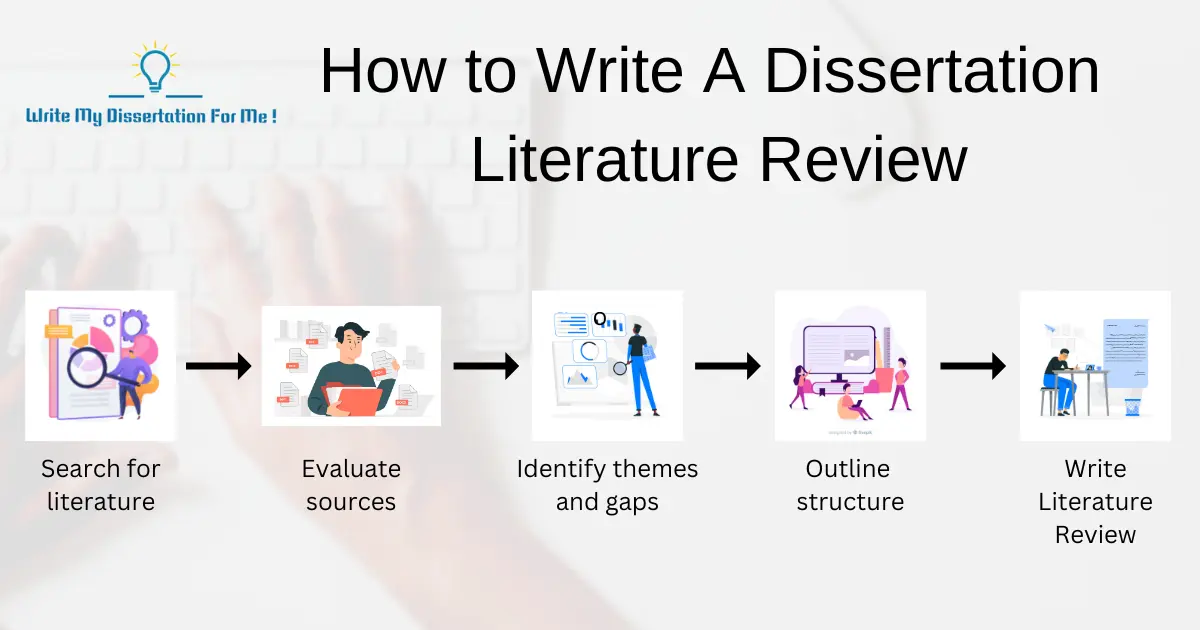Tailoring Your Dissertation Introduction to Your Academic Field
December 19 2024 | 05 min read

The beginning of a dissertation is an essential part that establishes the context of the whole study. It is the first thing your reader sees, and how well it works might influence how they view your writing. Making a good first impression and showcasing your knowledge of the subject matter requires a solid introduction that aligns with your academic discipline. This blog post will discuss how to customize your dissertation Introduction to your particular academic subject, making sure it captures the subtleties and standards of your profession.
Understanding the Dissertation's Objective Overview:
Understanding the goal of your introduction is crucial before getting into the finer points of customizing it. The purpose of the introduction is to:
- Establish the Scene: Give your study topic some context.
- Draw Attention to the Research Gap: Describe the gap your research fills in the body of existing literature.
- Describe the goals of the study: Clearly state the goals of your dissertation.
- Describe the Scope: Define the parameters of your research.
- Involve the Reader: Grab the audience's attention and demonstrate the study's applicability.
Your beginning establishes the framework for the remainder of the dissertation by achieving these goals.
Matching Your Academic Field to Your Introduction:
There are standards and requirements for research writing in every academic field. Making your dissertation Introduction relevant to your field will guarantee that your intended audience will find it engaging. Here's how to make this happen:
1. Take into Account the Character of Your Field:
Science, Technology, Engineering, and Mathematics (STEM) fields
Introductions in STEM fields are usually succinct and direct. They place a strong emphasis on the research's practical applications, methodology, and technical issue. Begin by clearly stating the issue and outlining how your study helps to resolve it.
- Social Sciences: The research problem in the social sciences frequently needs to be contextualized more broadly. Emphasize the multidisciplinary aspect of your research, theoretical frameworks, and societal repercussions in your introduction.
- Humanities: Dissertations in the humanities enable a more narrative-driven methodology. Start with a thought-provoking quotation, anecdote, or philosophical query pertaining to your subject. Next, explore your research's theoretical, cultural, or historical background.
2. Use Field-Specific Language:
Use language and expressions that are common in your field. For example, an introduction to the humanities would include words like "discourse," "narrative analysis," or "hermeneutics," whereas an introduction to STEM might concentrate on "data modeling," "algorithm efficiency," or "experimental validation."
3. Reference Key Works in Your Domain:
It shows that you are knowledgeable about the area if you cite important research or fundamental theories in your introduction. For instance, Turing or Shannon may be cited in a technology dissertation, but Freud or Skinner may be cited in a psychology dissertation.
Key Components of a Tailored Dissertation Introduction:
1. Context and Background:
Give a thorough background that is pertinent to your subject of study. The context for the study problem is established in this section. For instance:
- Describe a disease's impact and prevalence in a medical dissertation.
- Describe the historical era or event that is being examined in a history dissertation.
2. Statement of the Problem:
Clearly state the problem of the research. Adapt its display to your industry:
- Pay attention to technological inefficiencies in engineering.
- Focus on societal or cultural issues in sociology.
3. Research Issues or Theories:
It's important to formulate your research questions or hypotheses in a way that complements the objectives and technique of your field.
- Provide distinct, verifiable hypothesis for experimental sciences.
- Ask interpretive or analytical questions for literary study.
4. Goals and Objectives:
Describe your goals in a way that aligns with the priorities of your discipline. For instance:
- Focus on performance enhancements or innovation in computer science.
- The goal of anthropology is to comprehend social or cultural phenomena.
5. Extent and Restrictions:
Recognize the constraints of your research while defining its parameters. In order to set reasonable expectations, this stage is essential.
6. Overview of Structure:
Give the reader a concise synopsis of your dissertation that walks them through each chapter. This is particularly prevalent in the humanities and social sciences.
Common Challenges in Writing a Dissertation Introduction:
You could encounter difficulties even if you are well aware of what is expected of you in your field:
- Finding the Correct Balance: Steer clear of being too basic or overburdened with information in your introduction.
- Keeping the Reader Involved: Make sure your introduction is interesting without compromising academic integrity.
- Time Restrictions: It takes a lot of work to create a customized introduction, frequently while balancing other dissertation components.
You may ask yourself, Can someone write my dissertation for me? if you're feeling overburdened. You can save time and guarantee quality by seeking professional help from specialists who are knowledgeable about your academic field.
The Advantages of Getting Assistance with Your Dissertation Introduction:
If you have trouble writing your introduction, it may be helpful to hire a professional dissertation writing service. This is the reason:
- Field Expertise: Specialists are aware of the norms of different academic fields.
- Time management: Set aside time to concentrate on other parts of your dissertation.
- Quality Control: Make sure the introduction is polished and organized.
You might be thinking, Can someone write my dissertation for me? or Can you write my dissertation introduction for me? if you're thinking about this alternative. Reputable organizations are able to offer customized introductions that satisfy your academic requirements.
Tips for Writing a Strong Dissertation Introduction:
- Start Early: As soon as your research questions and objectives are complete, start writing your introduction.
- Request Feedback: Show your draft to mentors or peers for helpful critiques.
- Make a Complete Revision: To make sure your introduction is coherent and clear, edit and polish it.
- Remain Focused: Don't stray from the primary subject.
- Use Expert Assistance: If necessary, look for assistance from professionals who can customize your introduction to your field.
Conclusion:
A crucial first step in creating an engaging and reputable dissertation is customizing the introduction to your academic topic. You establish the framework for the remainder of your dissertation and show off your expertise by matching your introduction to the requirements of your field.
Writing a strong opening, however, can be difficult, particularly when you're pressed for time. If you ever wonder to yourself, Can someone write my dissertation for me? keep in mind that you can get expert aid to produce a compelling opening. Make sure your beginning properly attracts your readers and conveys the substance of your research, regardless of whether you choose to pay someone to write your dissertation for you or concentrate on improving your writing abilities.
If you loved reading this, please share this,
also read

The Importance Of Time Management In Dissertation Writing
It's important to note that dissertation writing and time management are...

Ten Motives for Hiring a Dissertation Writing Service Provider
Do you have the difficult task of writing a dissertation ahead of you? Is the sheer amount of research, analysis, and writing...

How To Write A Dissertation Literature Review?
A literature review tends to summarise and provide a deep analysis of the research arguments you found...